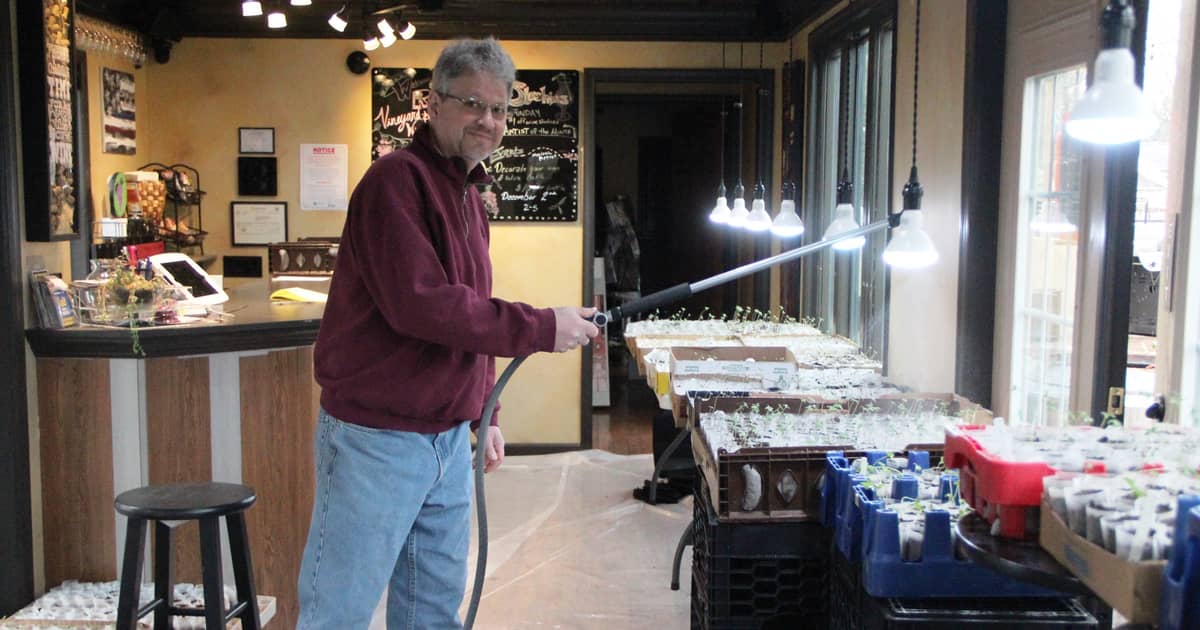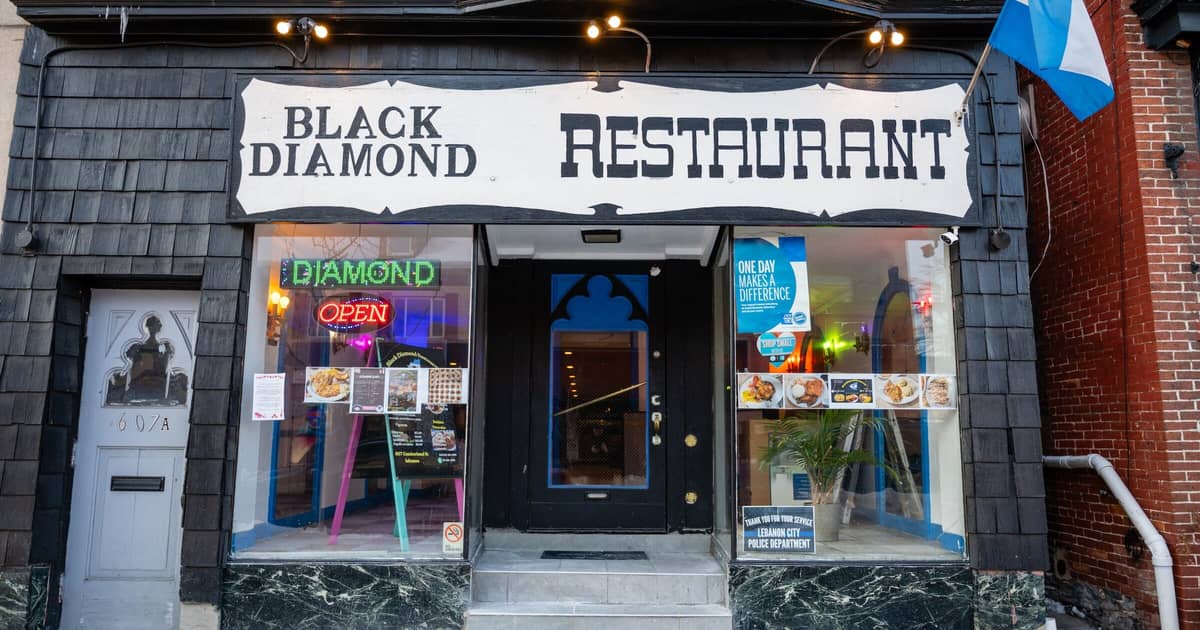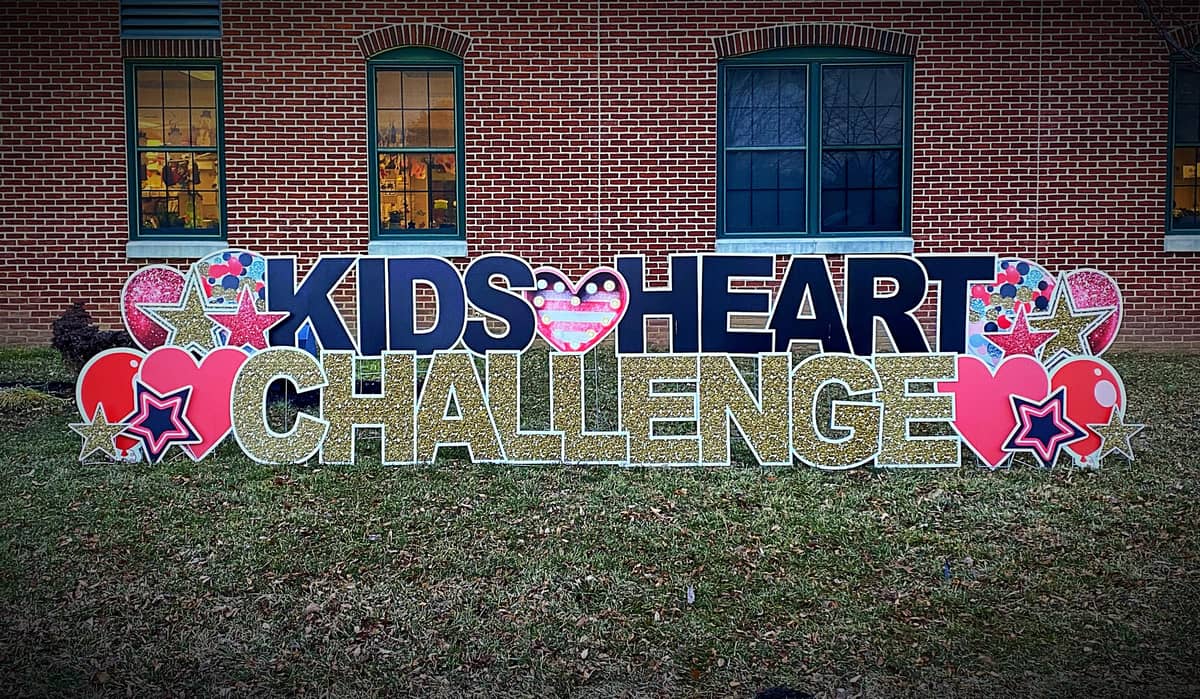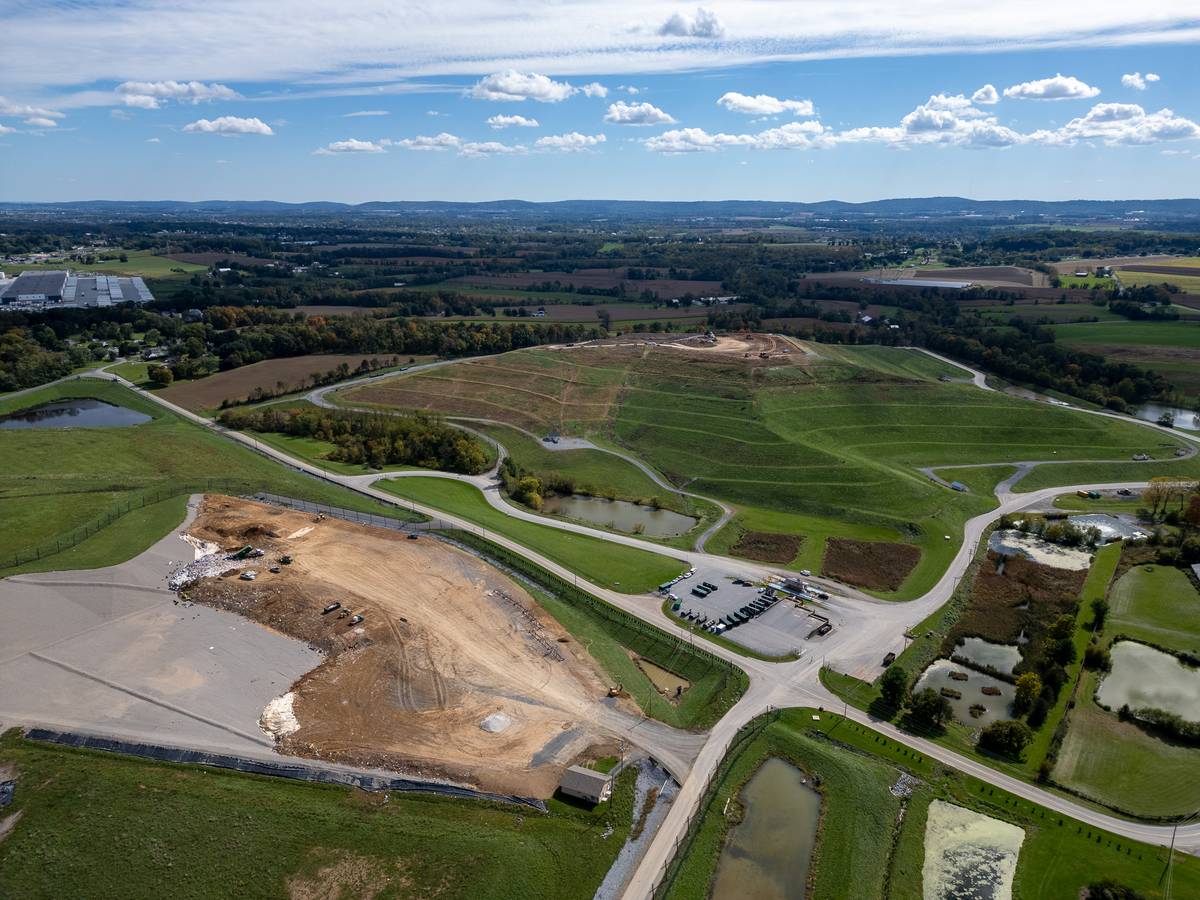Can grape vines and hemp plants peacefully coexist in the same North Cornwall Township ground? Bill Hartmann sure hopes so.
But perhaps a more relevant question might be: Can a couple of neighbors coexist in the same North Cornwall Township?
Hartmann is on a mission to save his business, Royal Oaks Vineyard and Winery, which he contends has been unrightfully shut down. His plan is to grow hemp, a marijuana derivative with industrial applications, on a five-acre plot of land that adjoins the winery, sell it, and use the profits to re-open the winery.

A bold plan and a calculated risk, but one that Hartmann sees as one of the only ways to save Royal Oaks Vineyard and Winery.
“We’ve been shut down by the township,” said Hartmann. “I’m hoping, through the hemp project, I’ll be able to save the property, hire a lawyer and win the battle against the township. I can’t think of any other way to save the place. It’s kind of a last resort.
“That’s (foreclosure) not an option,” continued Hartmann. “I put everything I’ve ever had into the project (the winery). I’m not going to give up to the township.”
From 25,000 seeds, Hartmann will sew 12,500 six-week-old plants into the soil of his five-acre plot—in raised beds with plastic mulch, every four feet in a grid pattern. Hartmann hopes to harvest his new crop in August or September, then reap the financial rewards soon after.

“I don’t honestly remember what triggered me,” said Hartmann of his brainchild. “But I started looking into it (the growing of hemp). As soon as the permits were available, I signed up for it. But my heart is still with the vineyard.”
The production of hemp is much less controversial than the current raging debate about the use of marijuana for medicinal and recreational use. The end product of hemp is an oil called ‘CBD’, a popular natural remedy that has been shown to relieve pain, reduce anxiety and depression, and lessen cancer-related symptoms.
Despite the nationwide retail emergence of CBD products though, investments in the cultivation of hemp are still far from a sure thing. As Penn State Extension’s Jeffrey Graybill explained recently in a column for LebTown, “Farmers and investors need to know that there is a veritable frenzy of interest in CBD production, along with a great many risks and unknowns.”
“I’m definitely fighting the odds, but I wouldn’t fight it if I wasn’t right,” Hartmann continued. “I didn’t know how to generate the money I needed. The vineyard was creating an atmosphere I wanted. This doesn’t mean anything to me besides getting back to the winery.”
“It’s a plant like any other plant,” said Hartmann, who is also the proprietor of Sound Advantage Inc. “This land is all zoned ‘agricultural’. It’s a derivative of the cannabis plant, but it’s not marijuana. They take the hemp and extract the oil, and it’s used for healing.”

Hartmann began work on Royal Oaks Vineyard and Winery in 2009, and the tasting room opened on June 3rd, 2017. A few months later, the winery was closed when the tasting room was condemned by North Cornwall Township.























